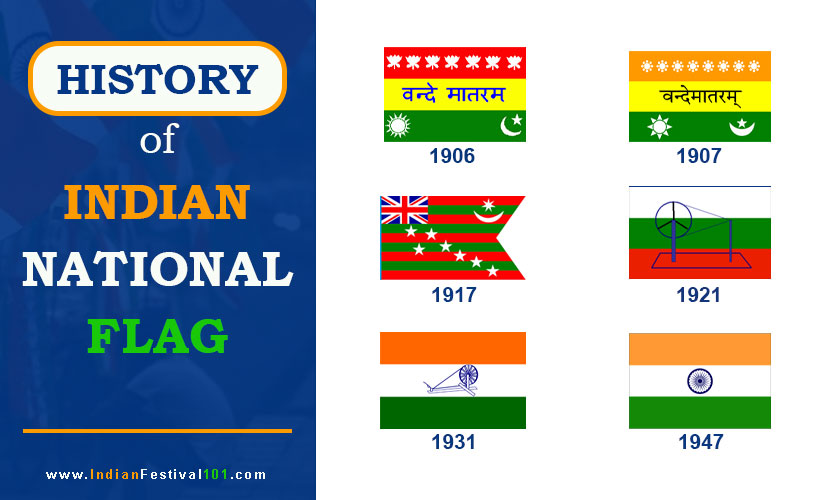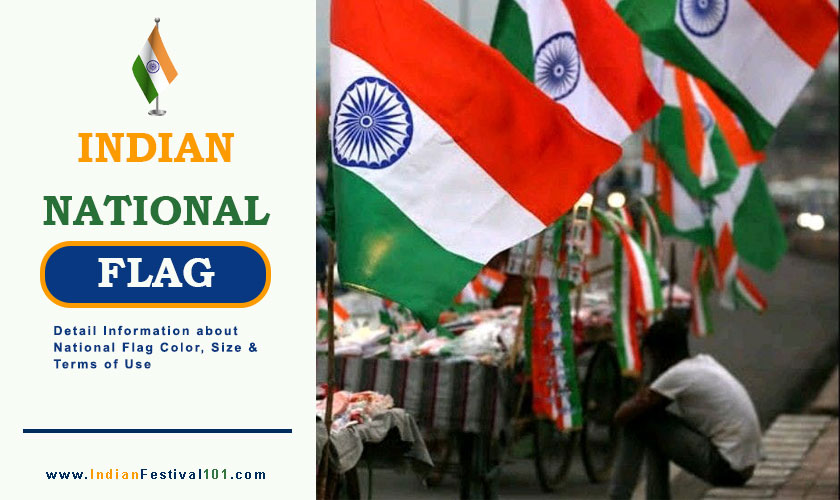India, a land of cultural richness and diversity, is renowned worldwide for its plethora of festivals. These celebrations are not merely occasions of merriment but also reflect the nation’s varied heritage, beliefs, and traditions. From Diwali’s illuminations to Holi’s riot of colours, India’s festivals are a vibrant tapestry that showcases unity in diversity. In this article, we will explore the captivating array of festivals that grace the Indian calendar, providing insights into their significance, customs, and the spirit that they embody.
Diversity of Festivals in India: India is a country of diverse religions and cultures. Due to cultural and religious diversity, a large number of festivals are celebrated every year. The diversity of Festivals in India gives us a chance to experience its vibrant colours, unique traditions, and rich cultural heritage. We are here to explore the diversity of beautiful Indian festivals and highlight their significance.
Introduction: The Festive Spirit
India’s festival calendar is as diverse as its people, with various religions and cultures contributing to the nation’s vibrant tapestry. These festivals not only reflect the cultural heritage but also promote unity and harmony among different communities.
The Concept of Festival Diversity in India
The diversity of festivals includes all of the events celebrated all over India. It reflects the diverse culture of the nation. It consists of recognizing and honouring diverse seasonal, regional, and religious festivals that reflect the rituals and customs of different cultures.
Significance of Diversity of Festivals in India
The festival diversity in India holds immense significance for several reasons. Festival celebrations in India are more than social occasions. They are firmly established in customs and rituals. Indian festival diversity plays a significant role in many ways.
Cultural Celebration
Hinduism, Islam, Christianity, Sikhism, Buddhism, Jainism, and other religions are practised in India. Every faith has a unique set of vacations that are warmly and passionately celebrated. These celebrations offer a chance for people to connect with their ancestors, traditions, and legacy while showcasing the country’s rich cultural and religious variety.
Unity in Diversity
India’s festival celebrations serve to further the concept of “unity in diversity.” Festivals bring people from different backgrounds together, establishing a sense of unity and social peace despite the cultural, linguistic, and religious divides. People of many faiths celebrate festivals like Diwali, Eid, Christmas, Gurpurab, Holi, and Durga Puja, transcending religious boundaries and encouraging respect and understanding among all people.
Socio-Economic Impact
India’s festivals have a huge socioeconomic effect. They support a variety of industries, including the tourism, hospitality, handicraft, textile, and food industries, by generating jobs and revenue. Festivals draw both domestic and foreign visitors, fostering economic growth and regional development in the areas where they are held. They also give local artisans and craftspeople a chance to display their talents and sell their wares.
Preservation of Tradition
Many Indian festivals have long histories and are deeply rooted in their respective cultures and religions. These celebrations are essential for maintaining and transferring folklore, traditional practices, rituals, and artistic forms from one generation to the next. They contribute to the preservation of unique heritage and help to maintain cultural continuity.
Joy and Celebration
India’s festivals are known for their enjoyment, fervour, and festive atmosphere. They give people a break from the boring and normal aspects of life, enabling them to socialize, let go of their cares, and have a good time. Festivals frequently include music, dance, processions, festive decorations, and feasts, which foster a festive and joyous environment.
Spiritual and Personal Growth
Many Indian holidays are spiritually significant and provide people with an opportunity for introspection, self-reflection, and personal development. They offer opportunities for thankfulness, adoration, and a sense of spiritual a sense of connection Fasting, prayer, and charitable acts are observed during festivals like Navratri, Ramadan, and Guru Nanak Jayanti in order to boost spiritual health and inner development.
Also Read:- National Festivals of India
Festival Diversity in Different Regions of India:
Each region-specific festival adorns India’s enormous terrain, reflecting the nation’s rich fabric of traditions.
North Indian Festivals
In the Northern part of India, we can see the vibrant Indian festival celebration that spreads love and unity. For example, Holi is known as the Festival of Colours. It colours the country in vibrant shades of love and unity. Diwali is known as the Festival of Lights and it fills houses with happiness and prosperity.
South Indian Festivals
The South Indian festivals are different from North Indian festivals. Generally, South Indian festivals express their gratitude for nature’s abundance. Pongal is celebrated as the Harvest Festival, and Onam is the major festival of Kerala. To witness the South Indian culture we should attend the beautiful harvest festival of South India.
Festivals in the Eastern Region of India
The eastern part of India celebrates festivals such as Durga Puja, Chhath Puja, Bihu, and Rath Yatra. The grand celebration of Durga Puja in Bengal with Bengali culture is dedicated to the goddess Durga, and the joyous Bihu festivals in Assam are both celebrated in eastern India. Jagannath Rath Yatra in Puri is a cultural celebration with a gathering of 4-5 lakh pilgrims every year. Chhath Puja is a sun festival celebrated in Bihar, Jharkhand, and Chhattisgarh.
Festivals in the Western Region of India
The Western part of India celebrates festivals such as Ganesh Chaturthi in Maharashtra to honour Lord Ganesha. Gujarat celebrates the Navratri festival and worships the goddess Durga. We can also see the cultural celebration of the Navratri festival with the Gujarati Garba dance.
The cultural diversity of India adorns many other festivals each adding its own unique flavour and charm to the celebration.
Promoting Festival Diversity:
The festival diversity in India gives us more opportunities to enjoy the flavour of diverse Indian culture. Through efforts that encourage cultural diversity and provide support for the preservation of traditional practices, the government plays a crucial role in assisting and conserving these festivals.
For the sake of preserving India’s cultural heritage and developing multicultural dialogue, festival diversity must be maintained and encouraged. Communities learn about one another’s cultures via the celebration of various festivals, promoting mutual respect, compassion, and togetherness.
Also Read:- Cultural Festivals of India
Challenges and Future Outlook:
The festival diversity of India is the main attraction of the nation. Different cultural values, rituals, and traditions are the main soul of diverse Indian culture. Thus festivals nowadays must balance accepting changing cultural dynamics with maintaining authenticity in an era of globalization and changing lifestyles.
To preserve the enduring popularity and significance of these festivals, it is essential to maintain a balance between preserving traditional values and responding to current influences. In order to promote unity in diversity, efforts must be made to guarantee that all communities are equally represented and included in festival celebrations.
Also Read:- Harvest Festivals of India
Conclusion
The diversity of festivals in India is a reflection of the nation’s diverse cultural heritage. Strengthening cultural relationships and promoting harmony and understanding among communities are all facilitated by accepting and enjoying this diversity. As we enjoy the tastes and colours. Everyone should take advantage of festival diversity in India.
Also Read:- Religious Festivals of India





